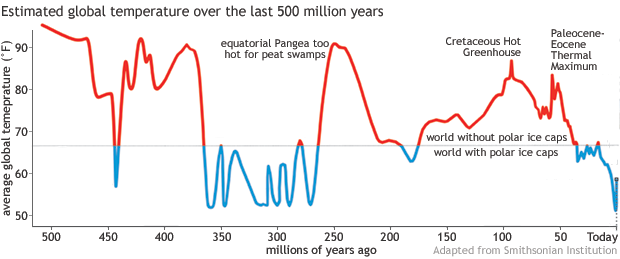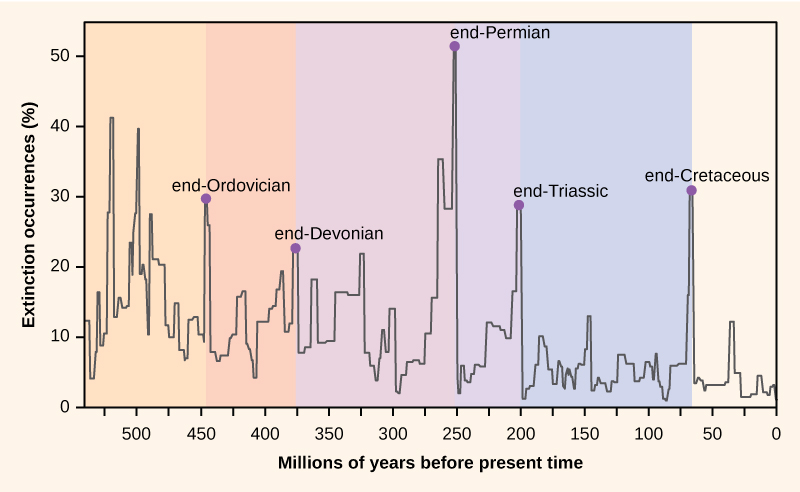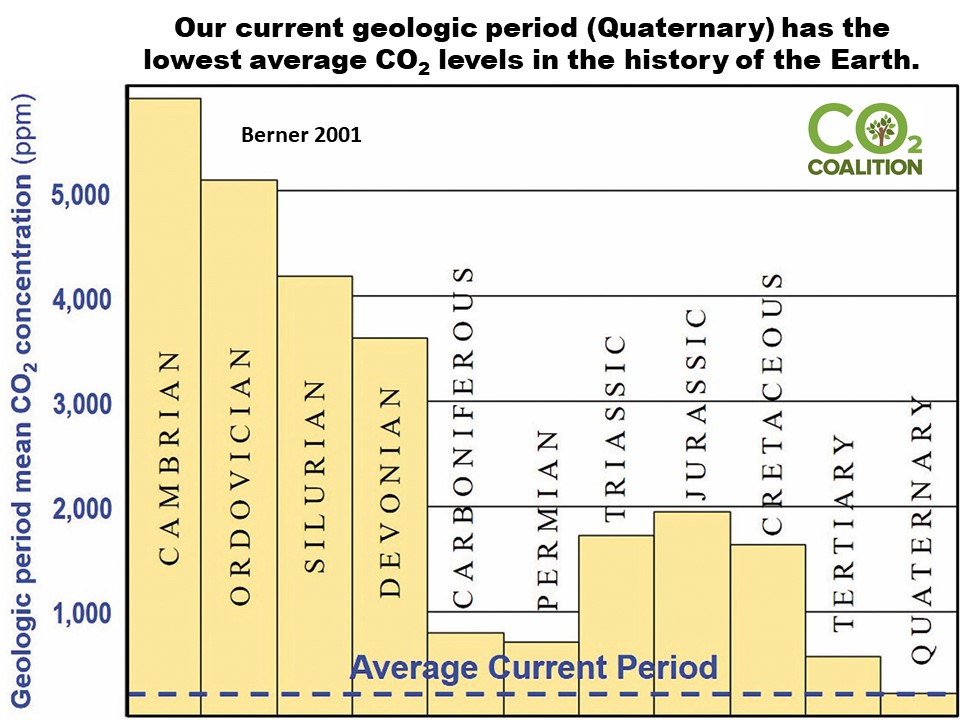The levels I told you were measured outside the glasshouse about a metre point five off the ground with accurate instruments that corroborate across different countries.hollus wrote: ↑14 Dec 2022, 00:22https://www.eea.europa.eu/data-and-maps ... mage_large
https://www.canada.ca/content/canadasit ... 819060.png
https://niwa.co.nz/static/co2-data/bhd_ ... nd_sip.png
Must be imperial ppm, then, because metric ppms are significantly higher.
https://www.priva.com/horticulture/solu ... te-sensors
You can be a smart aleck if you like and let it degenerate into an argument, as is the almost standard practice here, of these figures versus those figures but that is what those instruments were measuring this morning. So if you are saying I'm wrong then all those thousands of operators are too.
I cannot account for the figures mentioned when this partic discussion started, I am saying there is a discrepancy. I have often looked at those high figures and wondered what , how?
Therefore if this point bothers you spend some energy on finding out why the difference instead of blindly citing.
BUT I do know the difference between what actually happens "on the ground" in say motor racing and what is journalistically reported.
In this somewhat emotional (and I know what you are going to say about that) area of climate change, is it possible that there is a case of "Lies, Damned Lies, and Statistics”



